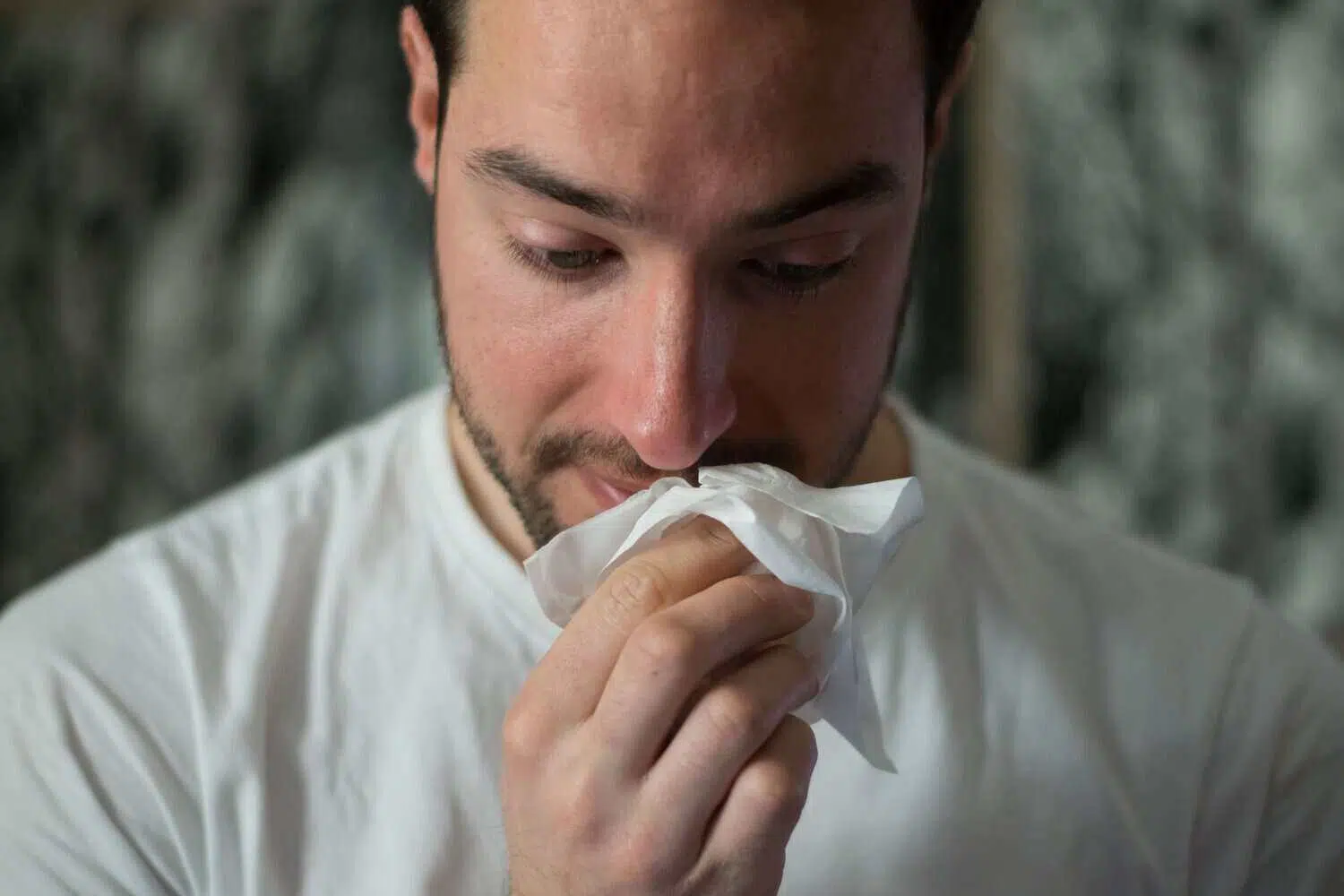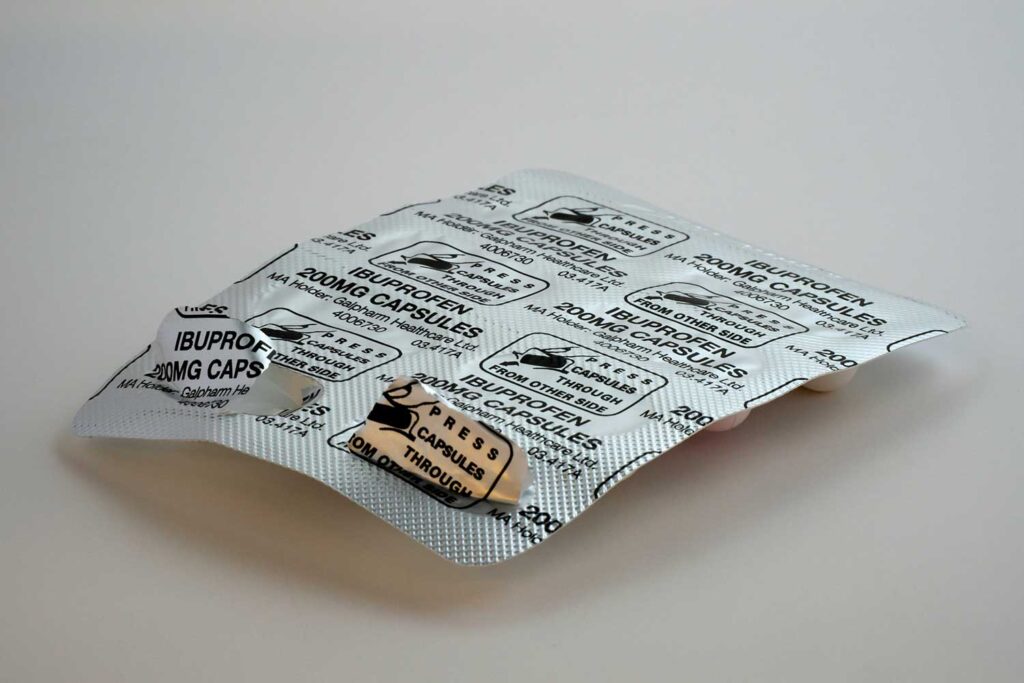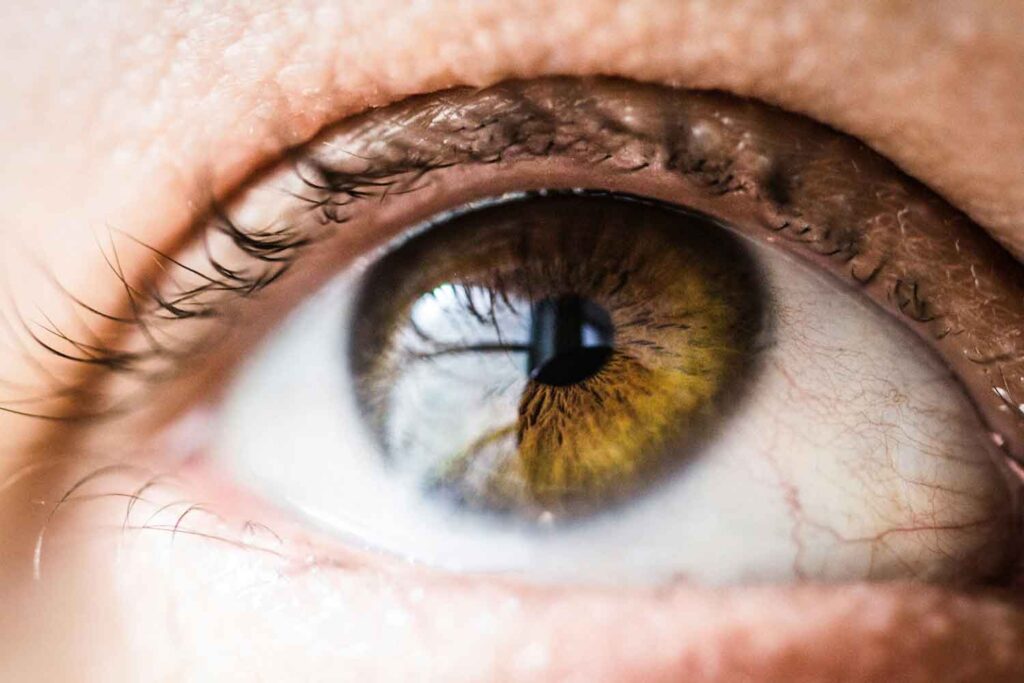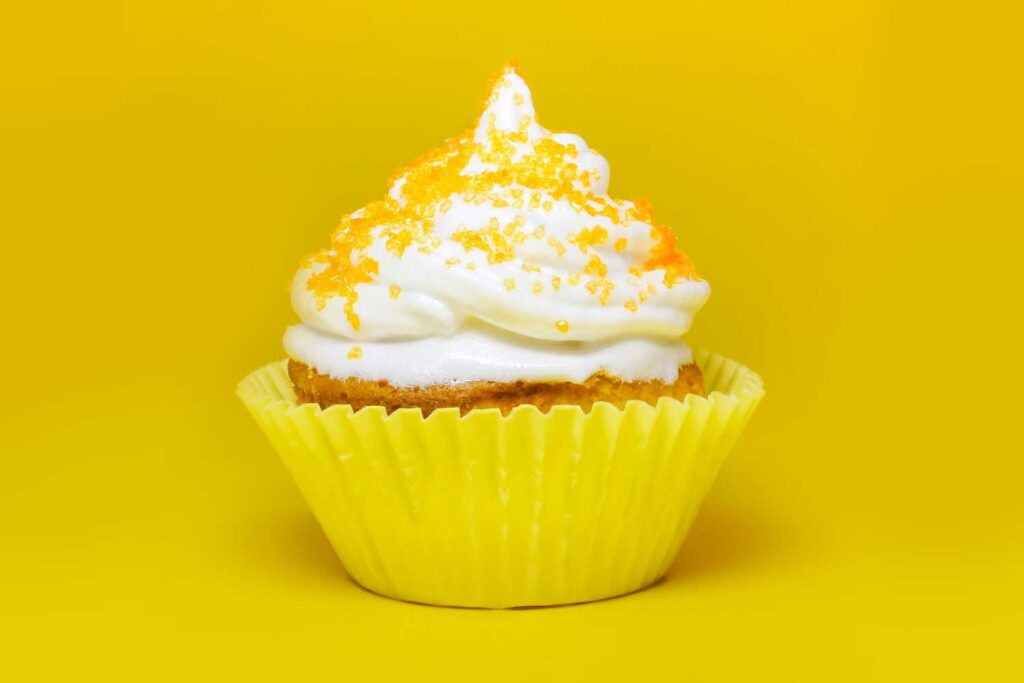Does Weed Help With Allergies?

More than 50 million Americans experience different types of allergies annually. For some people, spring only reminds them of hay fever and pollen. While for others, seafood, insect bites, and animal fur are the culprits of continuous sneezing and itchiness. There are various treatments for allergies, but what about using marijuana? Does weed help with allergies? Here’s what we know.
Photo: Unsplash
Can Weed Help With Allergies?
Can your bong be the answer to your persistent allergies?
There aren’t really any studies that examine the role of weed in the alleviation of allergies. However, there is anecdotal evidence that marijuana may be able to help with certain allergy symptoms.
Let’s look at some of these symptoms. If you have allergies, according to the National Health Service (NHS), you may experience:
- Feeling sick (malaise)
- Itchy skin or hives (rash)
- Coughing
- Wheezing
- Breathlessness
- Swollen eyes, lips, mouth, or throat
- Diarrhea
- Runny nose
- Sneezing
- Pain or tenderness around your cheeks, eyes, or forehead
Here are some of the symptoms that weed may alleviate.
Itchy Skin or Hives
If you’ve been exposed to an allergen, it’s common to have itchy skin or have raised bumps pop up on your skin.
According to a news release from John Hopkins Hospital, marijuana may be able to relieve itchy skin. One patient with a 10-year history of chronic itch reported a decrease in itchiness after the administration of medical marijuana. The patient was asked to rate her itchiness, with ten being the worst and zero being no itch.
Shawn Kwatra, M.D., assistant professor of dermatology at the Johns Hopkins University School of Medicine, said, “She started at 10 but dropped to 4 within 10 minutes after initial administration of the medical marijuana. With continued use of the cannabis, the patient’s itch disappeared altogether.”
The news release posits that the relief may be due to tetrahydrocannabinol (THC). When THC attaches to the receptors in the brain, it may decrease inflammation and nervous system activity. That means that skin sensations, such as itching, can be quelled.
Even though this is just one case and more research is definitely needed, it’s an interesting find.
Swelling
If you get swollen eyes or lips during pollen season, you’re not alone. Weed may be able to reduce swelling due to its role in inflammation reduction.
According to the Chicago Tribune, “cannabis [has] a positive effect in taming inflammation and myriad ailments associated with inflammation. They credit the entourage effect for partly why weed can relieve inflammation. Another study also says that a substance called beta-carophyllene, which was previously overlooked, may play a role in fighting inflammation.
A small 2020 study also found that weed was effective in fighting inflammation. The study says, “among healthy volunteers and cannabis users, cannabinoids seemed to decrease the inflammatory response, thus decreasing the immune response.”
However, this was only the case for healthy individuals. For those with multiple sclerosis, weed was not shown to have much effect on inflammation. We’re unsure if the result is the same for people suffering from allergies.
Pain
Many stoners trust weed as a pain reliever. When you’re experiencing allergies, it’s not uncommon to have pain or tenderness around your cheeks, eyes, or forehead.
Therefore theoretically, weed may be able to alleviate your pain.
One Reddit user said that weed helps to alleviate their sinus pain. They commented, “I’m dealing with wicked pollen allergies right now. If I use my vaporizer through an iced bong it’s pretty smooth and I find it does alleviate sinus pain.”
How Weed Can Make Allergies Worse
Even though weed can technically relieve some allergy symptoms, it could potentially worsen some symptoms. In addition to that, you could develop other symptoms.
Stoners on Reddit have been trying to seek relief from their pollen allergies by using weed and it hasn’t been successful for everyone.
One user said, “Smoking exacerbates symptoms (of hay fever) for me as well, specifically at night.”
Another one said, “Allergies usually just causes runny-nose, but that combined with smoking tobacco or bud does definitely affect me and worsens congestion.”
Interestingly, one user recommends washing your hands after handling buds to avoid further irritation.
Here are some other ways weed can make allergies worse.
Weed Allergy
Did you know some people can be allergic to weed? Imagine having an allergic reaction to something, use weed and start having an allergic reaction to the weed. Weed allergy presents similar symptoms as an allergic reaction to other allergens.
For example, people with weed allergies report having hay fever, runny nose, nausea among other symptoms.
Thankfully, this kind of allergy is rare but worth mentioning anyway.
Coughing
Coughing, which is sometimes a symptom of allergies, can be exacerabated by smoking weed.
Weed is notorious for making people cough. Therefore, if you’re already coughing, it’s not a good idea to further irritate the airways.
You can circumvent that by using weed in other ways, such as a dab. You can technically try edibles, but due to the time they take to bring about effects, you may want to skip that method.
Diarrhea
Diarrhea is yet another symptom of allergies. If you usually get diarrhea after smoking weed or eating edibles, maybe weed won’t be helpful.
You can alleviate your diarrhea symptoms by using over-the-counter medication and keeping hydrated. If you have identified what is causing your diarrhea, try to avoid it.
Conclusion
Does weed help with allergies? Yes and no. There aren’t really studies on weed’s role in relieving allergy symptoms. However, based on what we already know about weed, it has some potential to alleviate some symptoms while simultaneously making others worse. If weed helps with your allergies, then that’s great. If not, there are over-the-counter medications for mild reactions. With that said, we do not recommend weed in the case of an emergency. Allergic reactions can be deadly. Seek immediate medical care.












